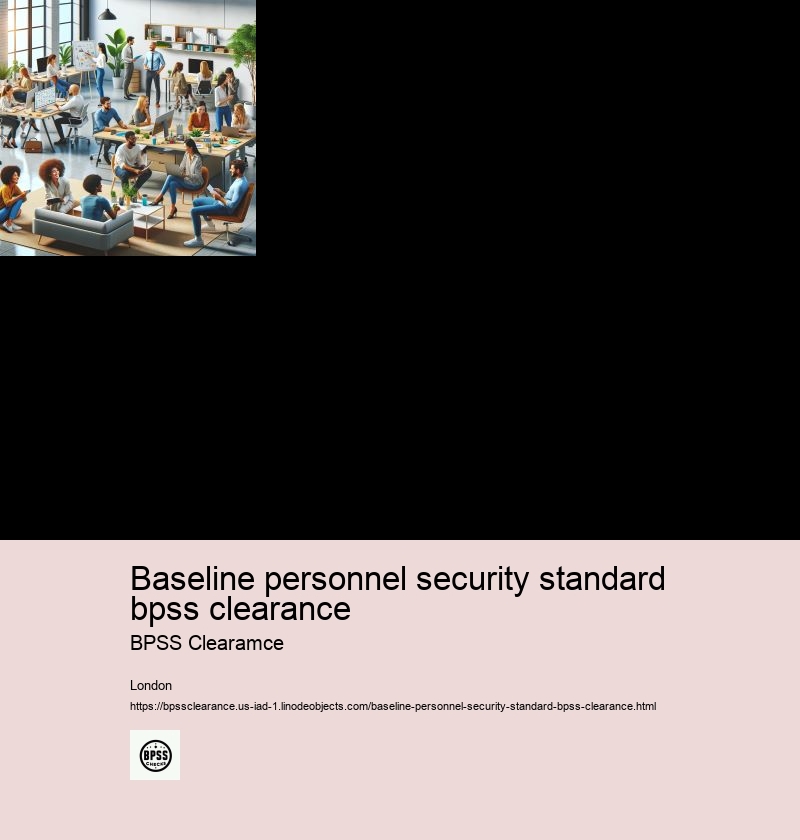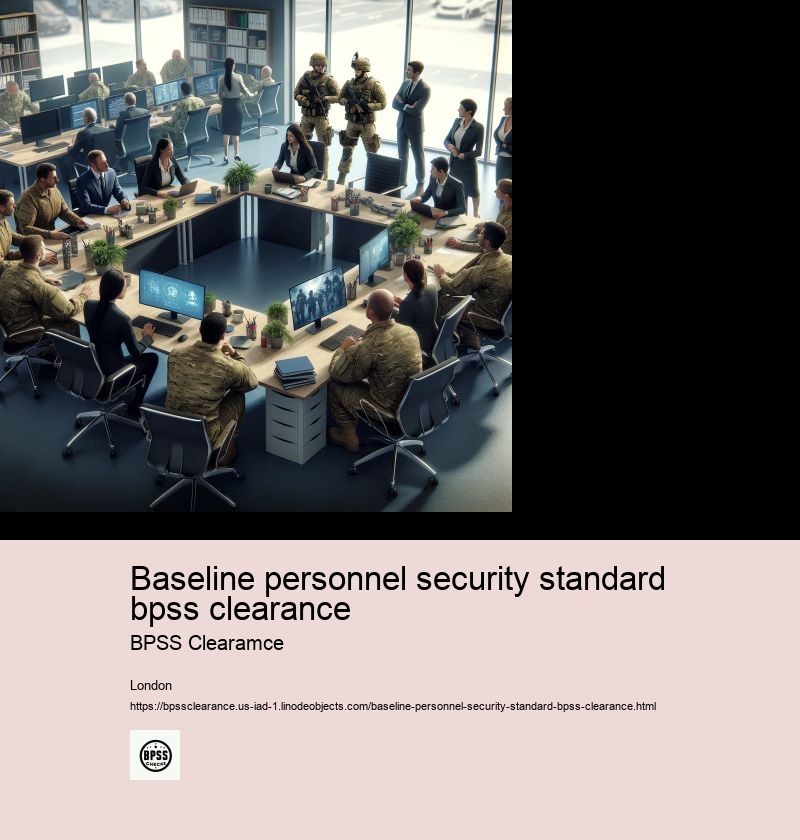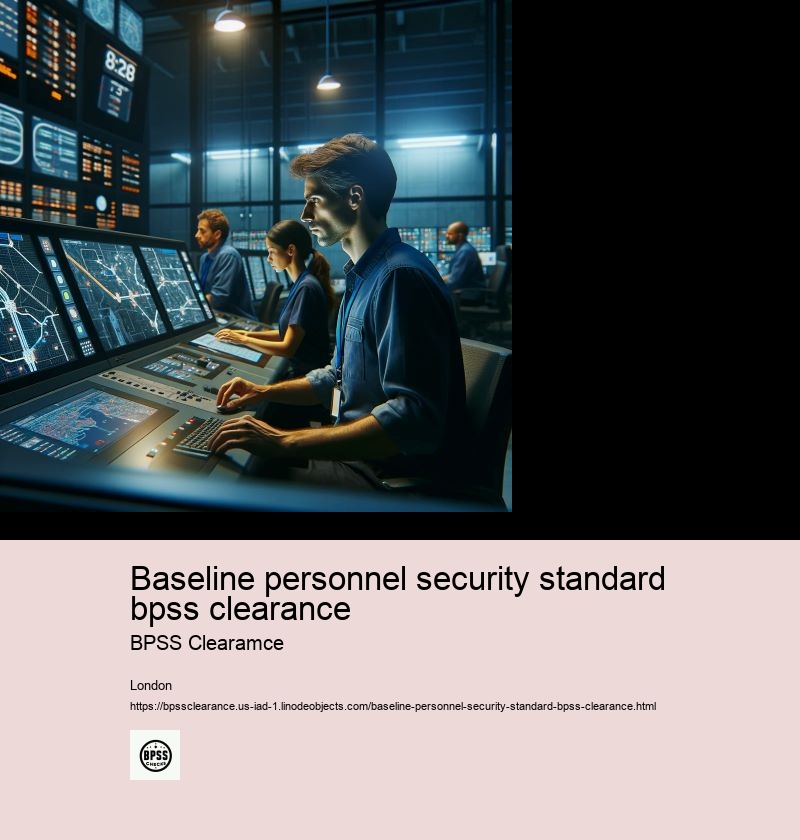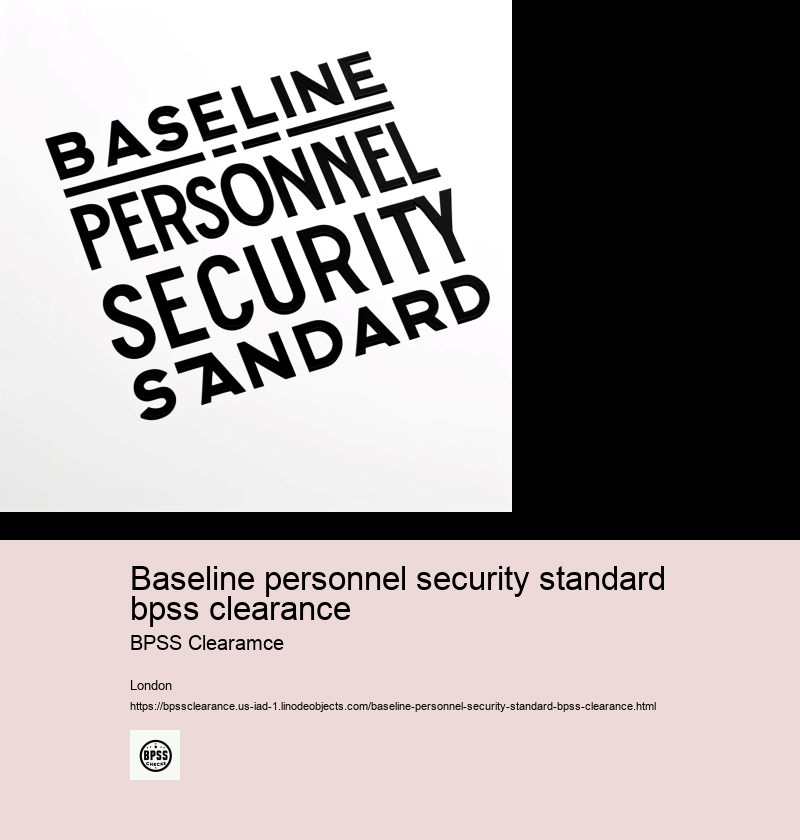baseline personnel security standard bpss clearance
Security breach risks
Individuals applying for National Security Vetting (NSV) must undergo a BPSS check as a prerequisite. Roles in sectors such as energy, communications, and finance necessitate BPSS clearance to guarantee the protection of sensitive information.
Who Needs a BPSS Check, Confirming the need for a BPSS check involves identifying specific roles and sectors where clearance is mandatory to safeguard sensitive information and establish trustworthiness.
These components collectively contribute to a thorough assessment of an individual's background, aiding organizations in making informed decisions regarding their suitability for roles requiring access to sensitive information.



